 Although estimates of the prevalence of mental illness vary, studies looking at mental illness in the homeless population have generally found a high prevalence of mental disorders. The most common disorders may be alcohol 3 and drug dependence.
Although estimates of the prevalence of mental illness vary, studies looking at mental illness in the homeless population have generally found a high prevalence of mental disorders. The most common disorders may be alcohol 3 and drug dependence.
According to the National Institute on Drug Abuse, multiple national population surveys have found that approximately half of those who experience mental illness during their lives will also experience a substance use disorder and vice versa. While there are limited studies regarding the mental health and substance use patterns of individuals living in supportive community housing, the few available studies indicate that supportive housing works at least as well as other treatments available in the community to help people experiencing homelessness reduce their substance use and 4 may be more effective.
To achieve meaningful progress, state agencies and organizations must facilitate a unified response that is informed by community-based, translational research. Carefully designed community-focused research initiatives have the goal of enhancing the knowledge and skills of providers across multiple professions as they intervene with SUD and mental health issues. FSU is already investing in developing the Florida workforce to meet the state’s significant health, social, and economic challenges associated with SUD and mental health.
Our Approach
Person-Centered Care
FSU is leveraging existing instructional and research programs and investing in the development of the Florida workforce to meet the state’s significant health, social, and economic challenges associated with substance use disorders and mental health. Forming strategic alliances with community agencies such as The Dwellings and Westgate will provide a sustainable, replicable model to impact individuals experiencing homelessness across the state and nation. By addressing the mental health and substance usage of homeless individuals, our team is creating a wrap-around, holistic healthcare approach that is accessible and comprehensive.
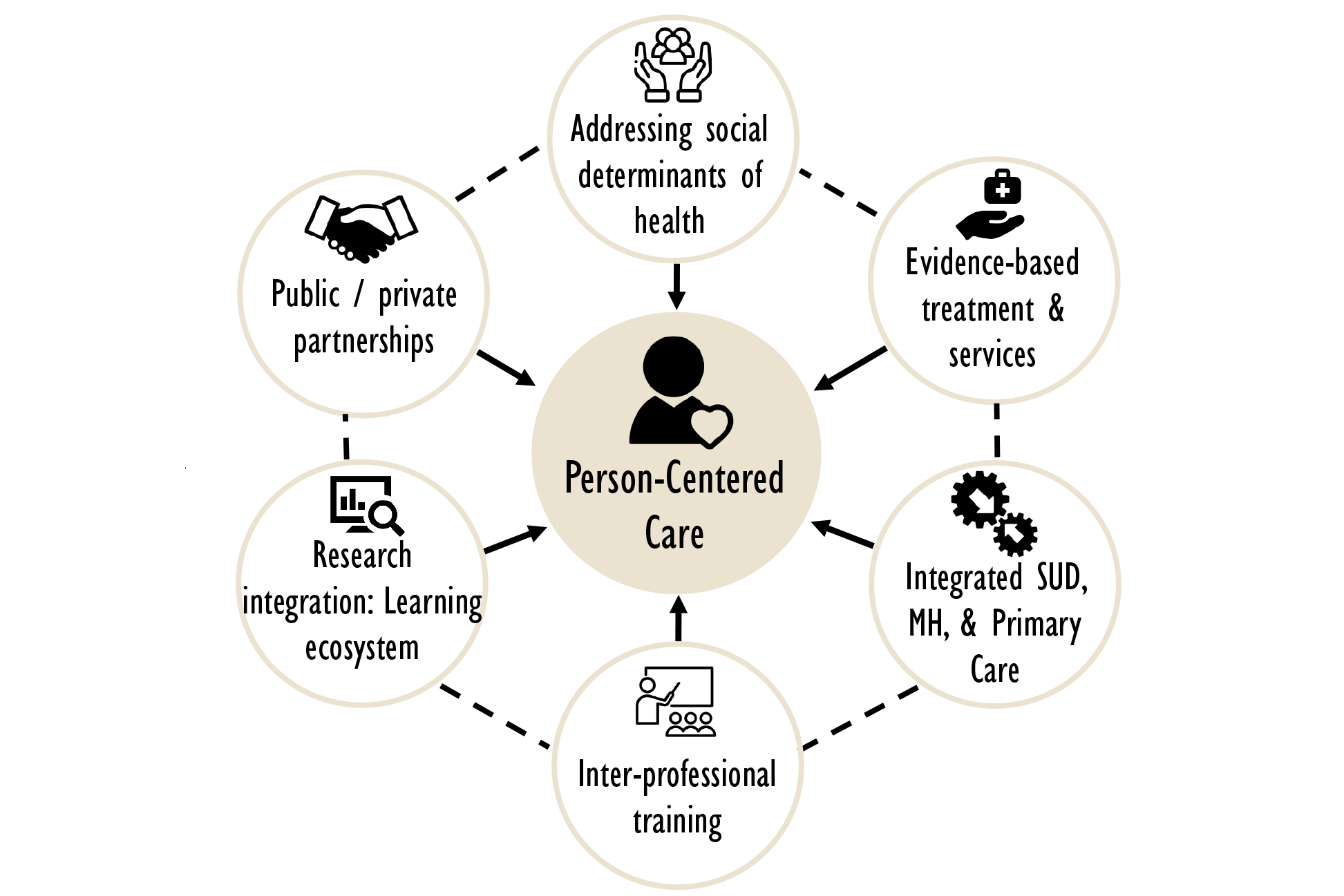
Social Cognitive Theory
Incorporating behavioral change theory into practice is requisite to the success of our approach. Social Cognitive Theory (SCT) posits that learning occurs in a social context with a dynamic and reciprocal interaction of the person, environment, and behavior. SCT emphasizes social influence and social reinforcement of individuals’ behaviors. SCT considers the uniqueness of individuals, the influences of their environments on their behaviors, and how their experiences shape their current and potential behavior patterns.
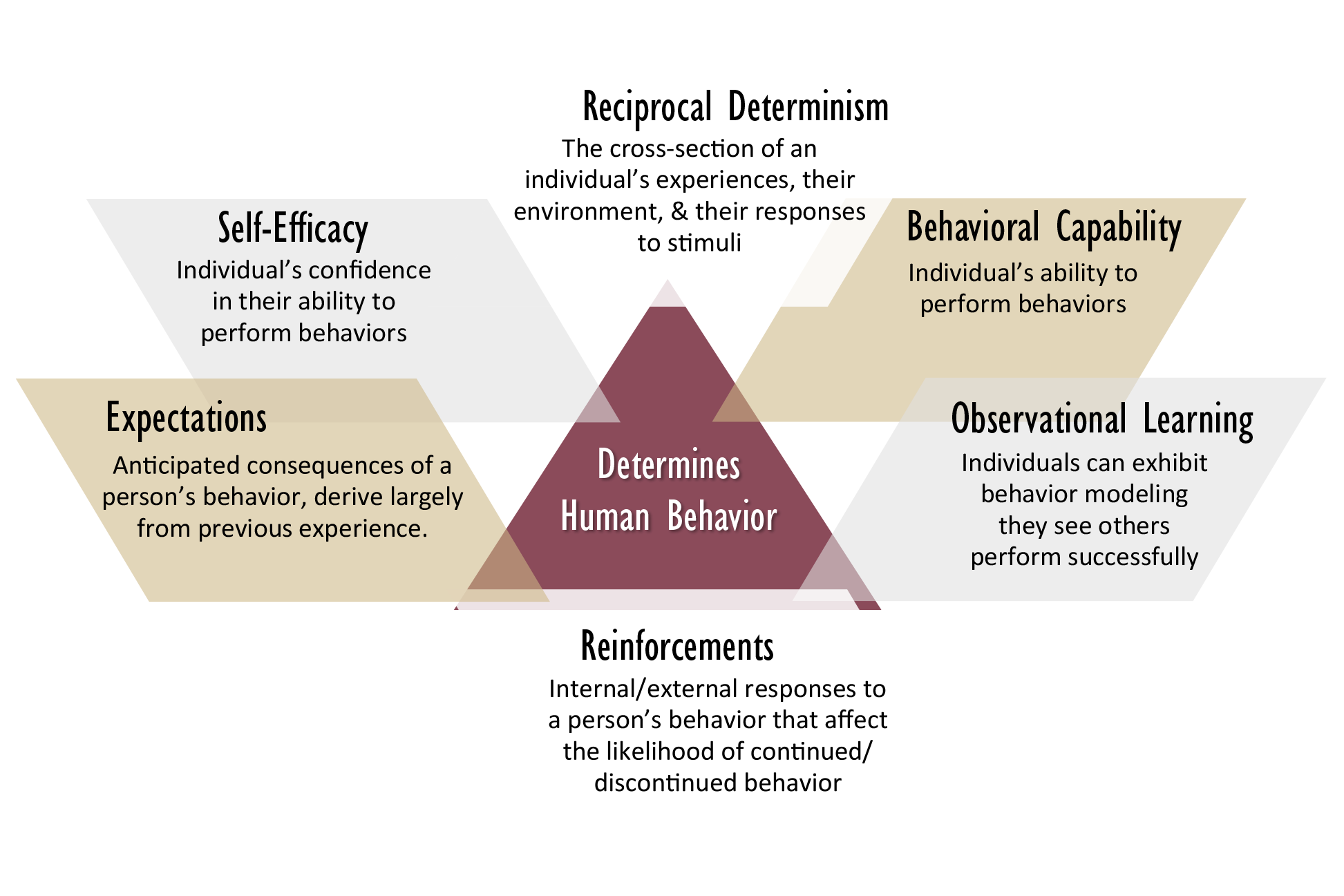
Team & Stakeholders

Jim Clark, Ph.D.
Provost and Executive Vice President for Academic Affairs
Florida State University

Alma Littles, M.D.
Dean and Professor
College of Medicine
Florida State University

Heather Flynn, Ph.D.
Chair and Professor, Department of Behavioral Sciences and Social Medicine
Florida State University
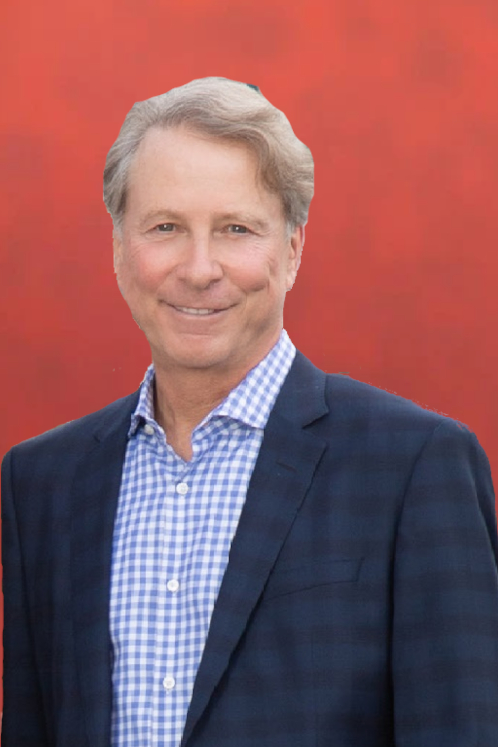
Rick Kearney
Board Chairman
CESC, Inc.
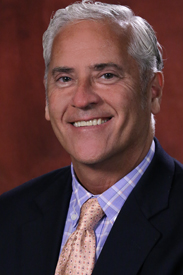
Chris Mulrooney, Ph.D.
COO, Florida Medical Practice Plan, Inc.
Associate Dean, Clinical and Community Affairs
Associate Professor, Department of Geriatrics
Florida State University
Emily Silver, DPA, LMHC, CPM
Integrated Clinical Care Coordinator
Florida Medical Practice Plan, Inc
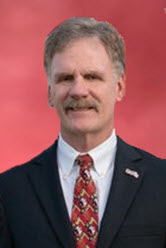
Andy Miller
President and CEO
MT51, LLC



